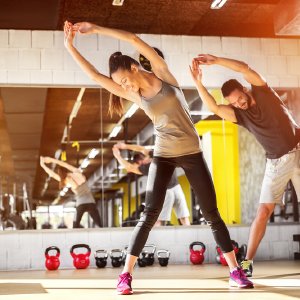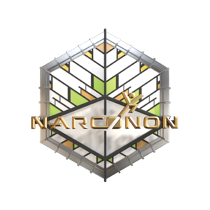How to Increase Your Health and Support Your Sobriety Through Exercise
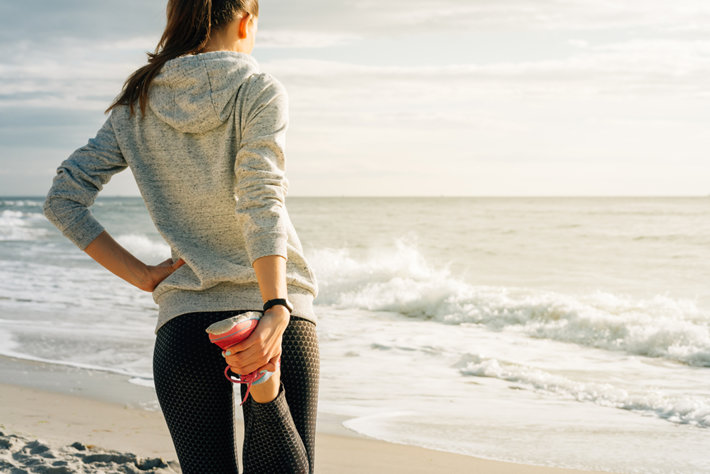
With most people staying at home in some form of quarantine or social distancing effort, tensions may be high, and nerves may be stretched. It’s not easy to stay at home for extended periods. Furthermore, the existence of a global health threat is not making things any easier.
For those in recovery from drug and alcohol addiction, the combined strain of staying at home, social distancing, and the ever-present threat of illness is particularly harsh. Recovering addicts need to be mindful of their health and well-being, both physically and mentally.
Time tested and proven, exercise can be one beneficial, daily activity that those in recovery can take on, not just to improve their physical health but also to improve their mental state. And as an added benefit, regular exercise helps boost the immune system, too. There are multiple health benefits to daily exercise, and with so many people having so much extra time on their hands these days, there couldn't be a better time than right now to dive into an exercise schedule.
Exercise and the Immune System
For a long time, doctors, biologists, chemists, and other health and science experts have observed a connection between exercise and the immune system. Regular exercise boosts the body’s natural response to foreign pathogens (such as the coronavirus). When a person exercises, their body’s white blood cells (of crucial importance to the immune system) function better. That makes the person less susceptible to disease.
One research paper dove deep into the links between physical exercise and the body’s defense system. According to study authors Nieman and Wentz, brief periods of exercise, repeated regularly, improve the body’s defensive mechanisms and metabolic health. Regular exercise has also shown to lower illness risk, and it has an anti-inflammatory influence as well. Frequent exercise also improves immune regulation and delays the onset of age-related health issues.
The Effectiveness of Exercise in Increasing Overall Health
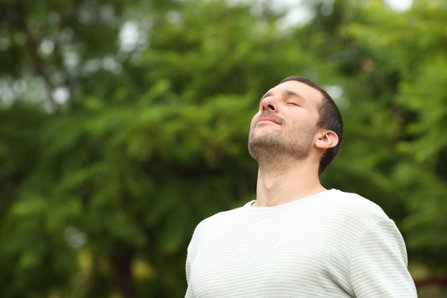
Regular exercise does not just improve the body’s immune system. Regular exercise also plays a role in preventing certain health conditions such as cardiovascular disease, type 2 diabetes, Alzheimer’s disease, osteoporosis, and even some cancers. Exercise also keeps bones, joints, tendons, and ligaments healthy and strong.
A range of theories have been developed as to why exercise is so beneficial to health. Scientists know that exercise improves health, but they don’t know for certain why. There are likely multiple reasons why exercise is beneficial and how it benefits the human body in different ways. Here are a few theories:
Physical activity helps flush bacteria out of the lungs and airways. Doing so can reduce the chances of contracting a cold, flu, or other airborne illness.
Cardiovascular exercise increases blood flow, which in turn causes white blood cells to circulate through the body more rapidly. This could help detect foreign bacteria quickly. The faster white blood cells can tackle bacteria, viruses, and other pathogens, the quicker the body can recover from such infections.
When people exercise, their body temperature increases slightly. Similar to experiencing a fever, this temperature increase could potentially kill bacteria within the body. Though not as effective as a full-blown fever (your body’s natural response to killing bacteria when sick), the brief but frequent temperature increase due to regular exercise may help in reducing bacterial infections.
Exercise increases the body’s release of endorphins (the “feel good” chemical) while also lowering the release of stress hormones. Because illness is so often connected to one’s mental state, exercise acts as a further contributor to a healthy body because it helps people feel better while at the same time reducing the hormonal responses that may make them feel stressed out.
Ideas for Basic Exercise
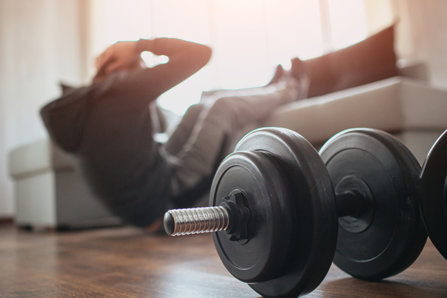
Most health experts recommend moderate and consistent exercise. Here are some ideas:
- Go for a bicycle ride a few times per week.
- Take a daily half-hour walk.
- Work out from home every other day.
- Engage in resistance training (using one’s own body weight, e.g., push-ups, pull-ups, sit-ups, jumping jacks, etc.).
- Perform stretch exercises or Yoga pose positions.
- Engage in 20 minutes of any type of physical exercise that appeals to you, but which also boosts the heart rate somewhat (but not too strenuously).
The critical thing to remember is not to overdo it. While medical experts do recommend exercise as a means to stay healthy and avoid illness, they also say that heavy and strenuous exercise, such as marathons and extreme weight training, can actually cause harm.
If You Need More Help
The coronavirus pandemic will have different effects on different people. Some people in recovery will be very harshly affected by it. Some may even relapse back onto drinking or drug use. For some who are struggling severely, daily exercise may not be enough for them to get out of the funk. If you or someone you care about has slipped into drug use or heavy drinking, be sure to seek help as soon as possible.
Narconon’s mission is to help free people from drug and alcohol addiction. Even during the coronavirus pandemic, those who need help for a drug problem or a drinking problem need to have a group that they can look to for help. If you or someone you know has relapsed and has gone back to using drugs and alcohol, don't wait until after the current health crisis has passed. It may be too late by then. Call Narconon today.
Sources:
- https://www.ncbi.nlm.nih.gov/pubmed/27750511
- https://www.sciencedirect.com/science/article/pii/S2095254618301005
- https://www.thehealthy.com/exercise/exercise-boosts-immune-system/
- https://medlineplus.gov/ency/article/007165.htm
Reviewed by Claire Pineli, ICAADC, CCS, LADC, RAS, MCAP
